“I kept thinking at 41 I was far too young, I assumed it would happen when I was at least 50,” she says.
The realisation prompted Monllor, now 45, to make several tweaks to her life to improve her hormone stability.
“Before, I’d look forward to wine a couple of times a week, but it was giving me horrendous anxiety and I realised, this is not helping.”
For a long and healthy life, eat, sleep, feel and exercise the right way
For a long and healthy life, eat, sleep, feel and exercise the right way
It wasn’t easy, but Monllor says she weighed up the pros and cons. “When I stopped drinking, I lost weight and became emotionally more stable.”
She walks, swims or jogs daily, and does resistance training two to three times a week.
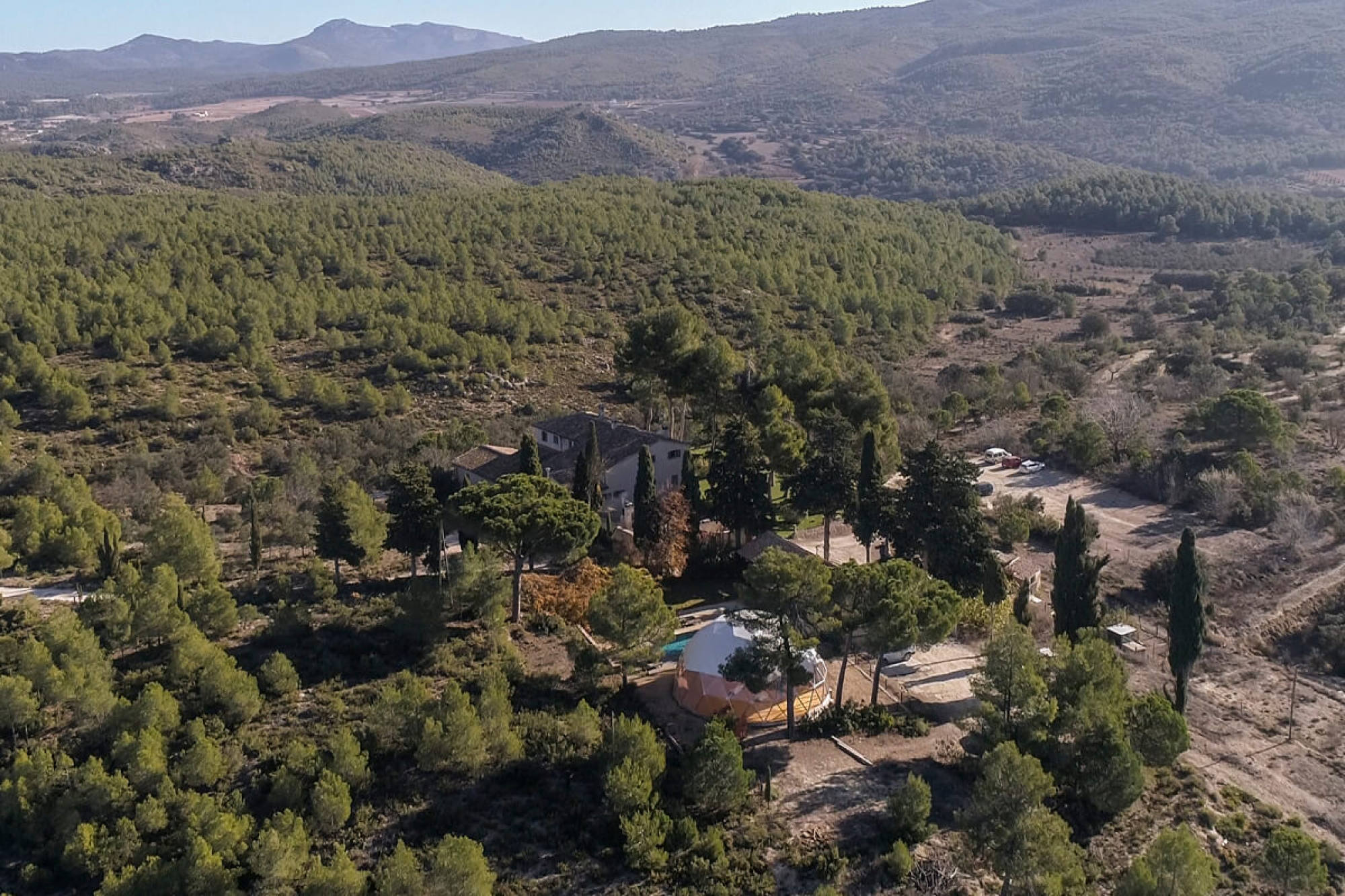
As the founder of a wellness supplements company, Enaiya, which she launched with her mother and daughter, Monllor is in a lucky position to be ahead of the curve when it comes to self-care.
“When my mother was going through menopause in her early 50s, there was very little dialogue. She was told to expect hot flushes and interrupted sleep and get on with it or take HRT [hormone replacement therapy].
“I’m so happy that my daughter will be even better equipped to deal with menopause than I was, when it comes to her time.”
Can HRT reduce dementia risk? 3 new studies say yes, upending 2002 reports
Can HRT reduce dementia risk? 3 new studies say yes, upending 2002 reports
As part of Enaiya, Monllor is organising a three-night retreat in Spain in April 2024 aimed at women suffering perimenopause or post-menopausal symptoms who want to learn and feel part of a community in a relaxed setting.
Expert talks will be live-streamed, including from Dr Nicky Keay, an honorary lecturer in medicine at University College London and author of Health, Hormones and Human Potential: A Guide to Understanding Your Hormones to Optimise Your Health and Performance; Annalie Howling, a UK-based trauma specialist and coach; and Dr Bella Smith, aka The Digital GP, a UK-based women’s health specialist.


Monllor’s menopause retreat is one of the latest to cater to a generation of increasingly informed and empowered women who are no longer willing to just “get on with it”.
By 2025, the number of postmenopausal women is expected to top 1.1 billion globally, according to the North American Menopause Society.
The menopause market will be worth US$600 billion that year, the Global Wellness Summit forecasts. It stems from the recognition that one of the biggest biological transitions for half of the global population has largely been ignored by medicine to date, it says.
We empower our clients to tap into their own life experiences to sail through the stage with ease and acceptance
Women can share their knowledge and experience in a safe and nurturing space and indulge in treatments that aim to balance the body, mind and nervous system.
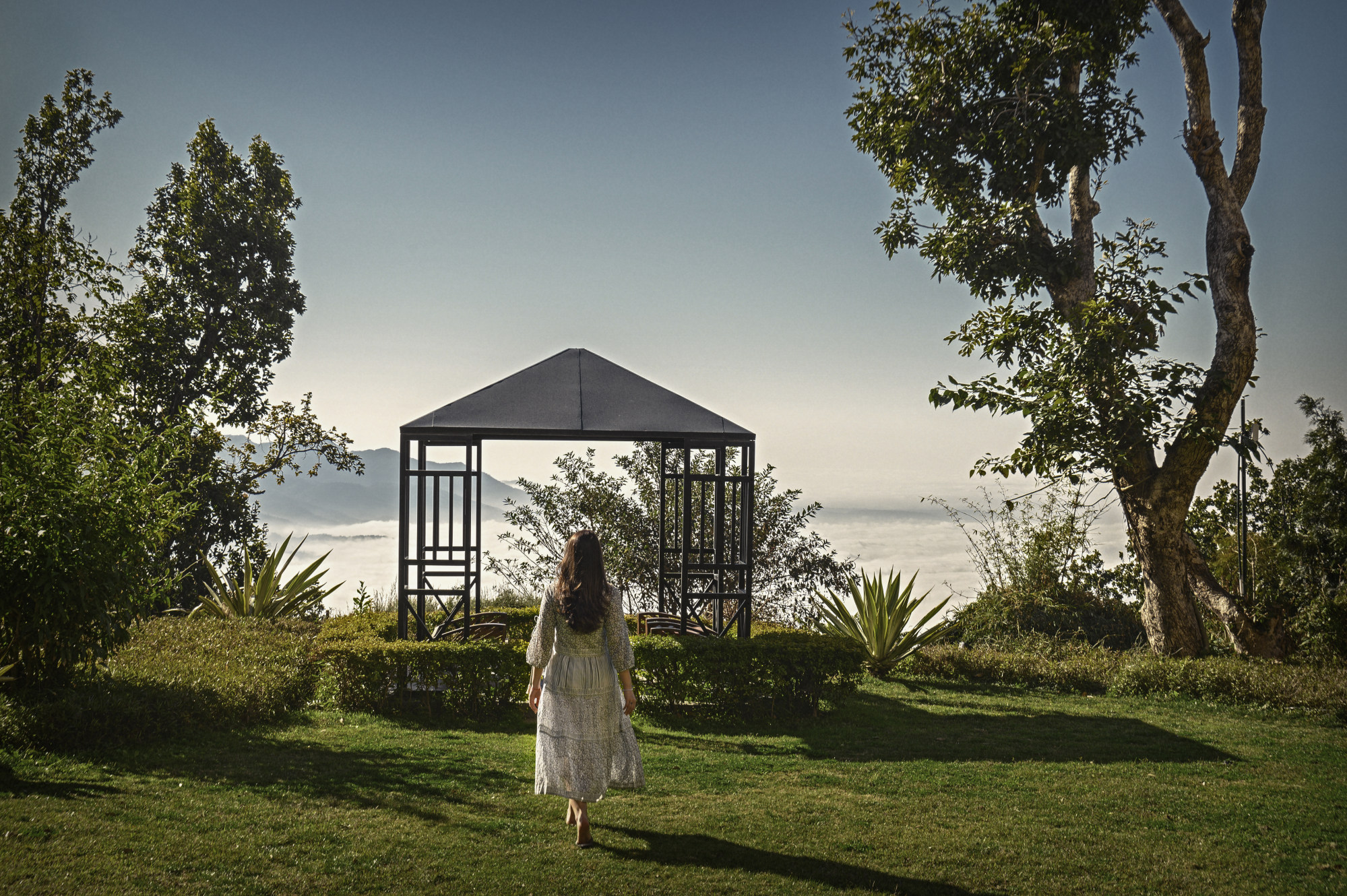
Rather than seeing a difficult transitional phase like menopause through the narrow lens of just chemical alterations in the endocrine system, the programme considers variations in a woman’s bioenergetic field, which is home to emotional traumas, disappointments, feelings of failure in relationships and a sense of loss, Sharma says.
“We empower our clients to tap into their own life experiences to sail through the stage with ease and acceptance.”
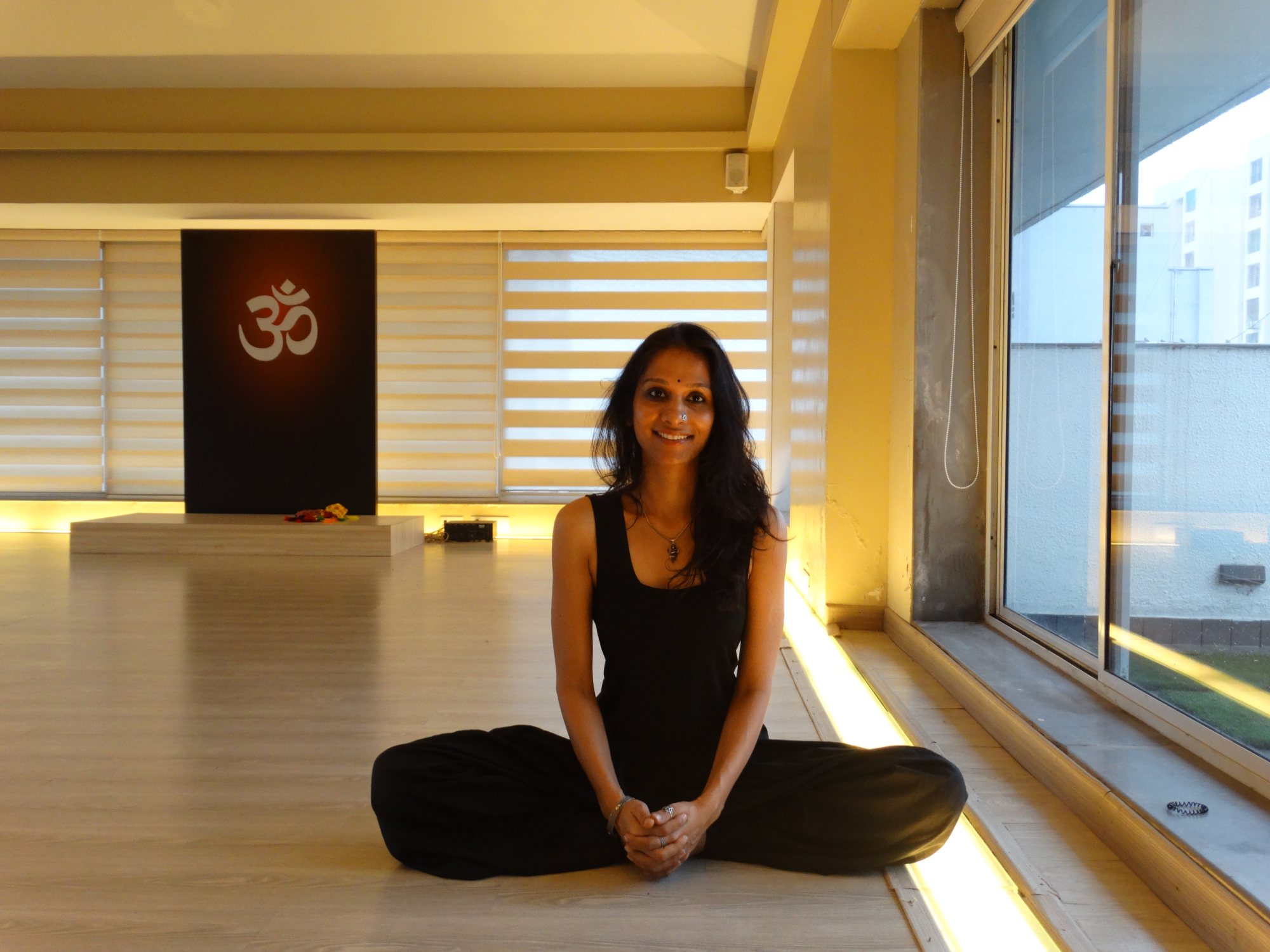
At Combe Grove Centre of Health and Wellbeing in Somerset, England, Dr Campbell Murdoch takes a metabolic-health approach to perimenopause and menopause.
“There is a growing realisation that tending to our inner ‘engine of life’ can hold off, and potentially reverse, serious health conditions. It’s the ultimate longevity tool,” Murdoch says of his metabolic health focus.
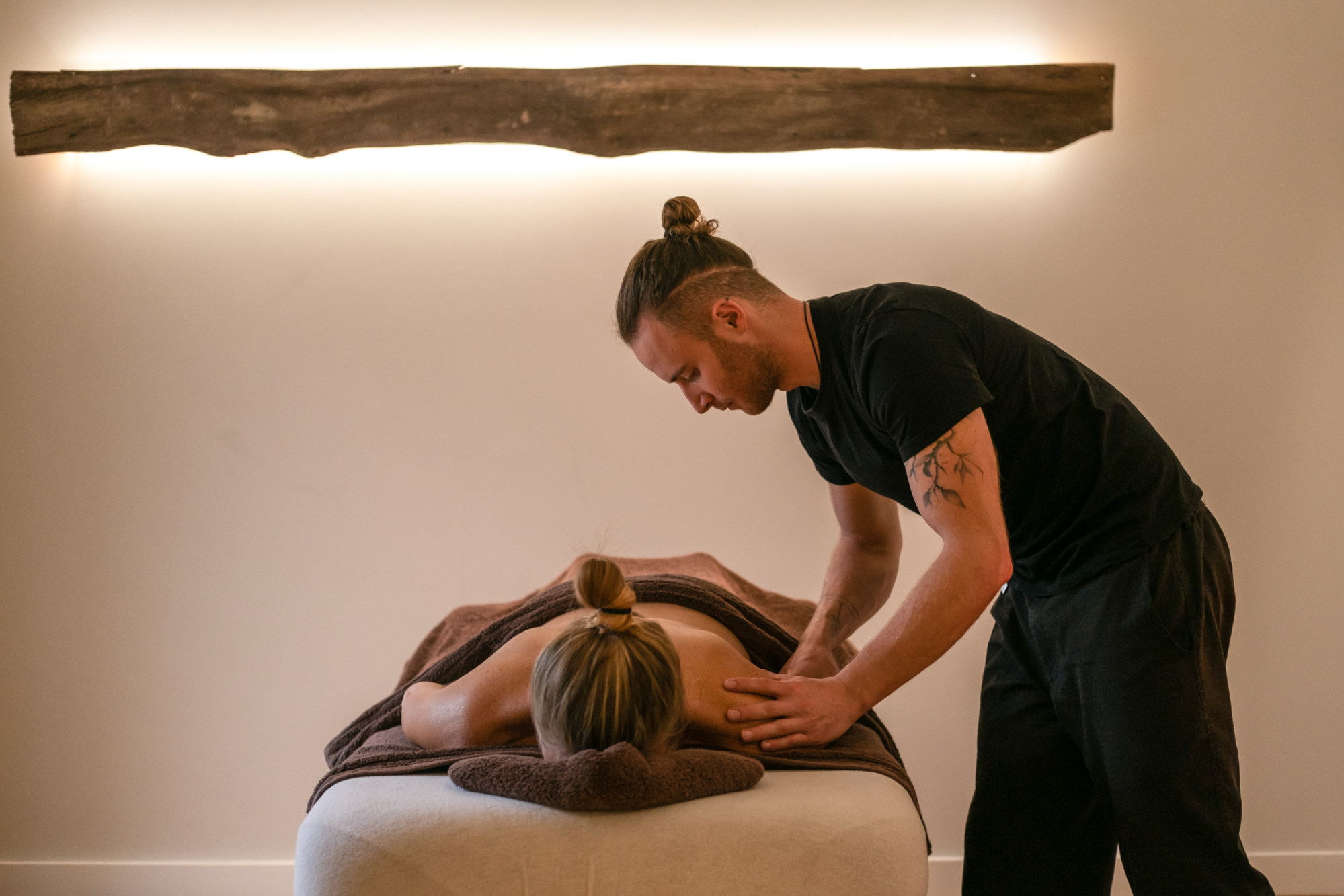
Combe Grove combines medical assessment with therapies designed to address what it labels the five roots of metabolic health: nutrition, movement, sleep, mindset and environment.
Upcoming six-night retreats at the centre – called “Metabolic Health Retreats for Perimenopause, Menopause and Beyond” – are slated for January, March and July 2024. Participants can tap into a year’s online support afterwards, and can book follow-up three-night return retreats.

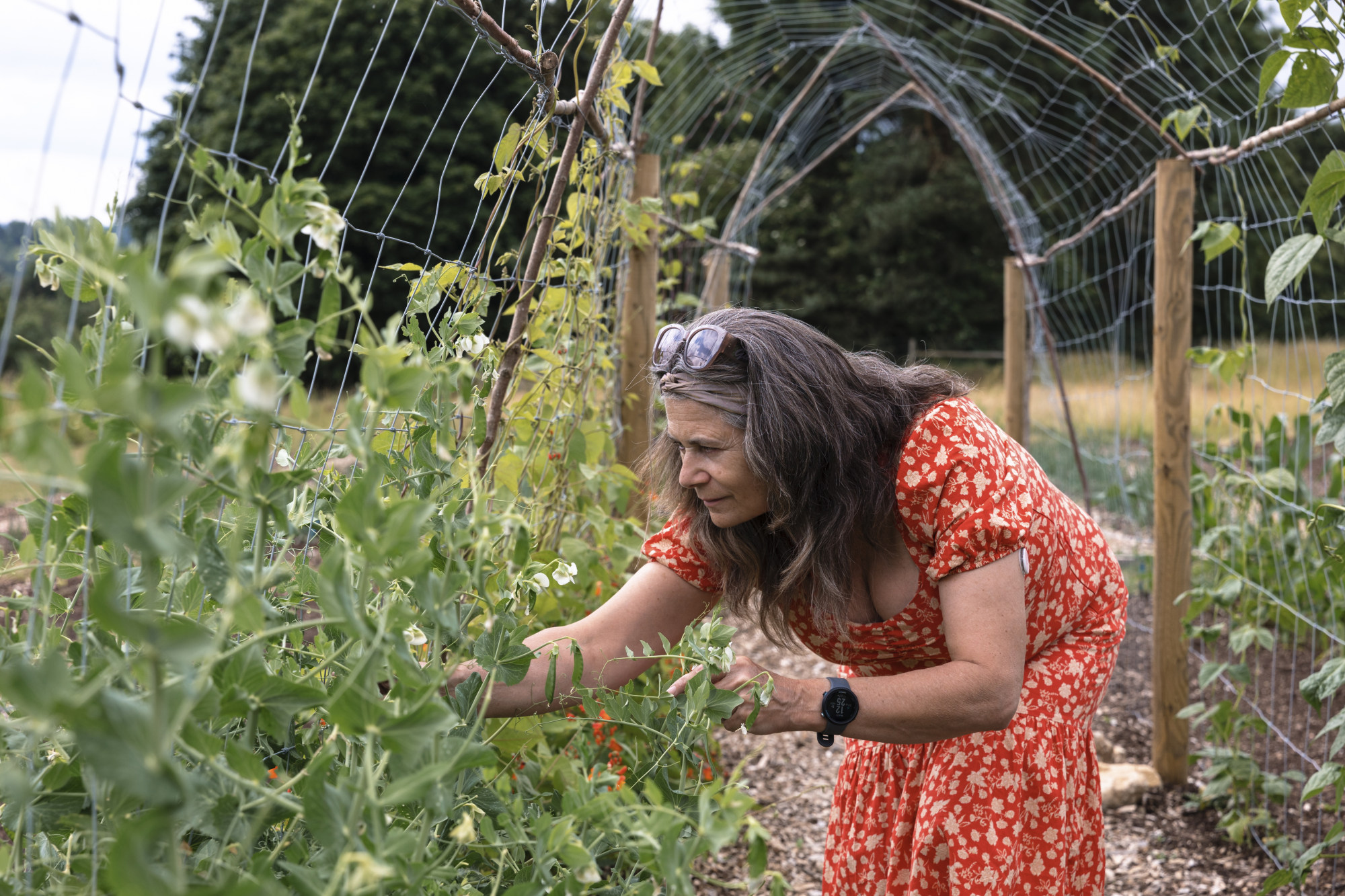
Menopause cannot be “cured” at a retreat, but guests can learn strategies to better manage and relieve the symptoms.
The power of community and conversation among women sharing their experiences at these retreats, along with trusted treatments, can ease the transition through this life phase.
4 more menopause retreat options
If you are considering a healthy getaway that combines a holiday with menopause-focused wellness therapy, here are four other retreats that consultancy The Global Retreat Company rates highly.
1. Les Marguerites – Alet Les Bains, France
Deeply nourishing five-day retreats educate on what to eat and how best to support oneself before, during and after menopause. Expect gentle therapy, tender coaching and nutritional advice in a relaxing environment. On select dates.
2. Kamalaya – Koh Samui, Thailand
The Asian Bliss programme helps women examine their emotional, physical, spiritual and hormonal health, through Ayurvedic and Asian wisdom and therapies. Helps to restore inner balance and bring physical and mental harmony. Year round.
3. Park Igls – Innsbruck, Austria
4. Preidlhof – Naturno, Merano, Italy







